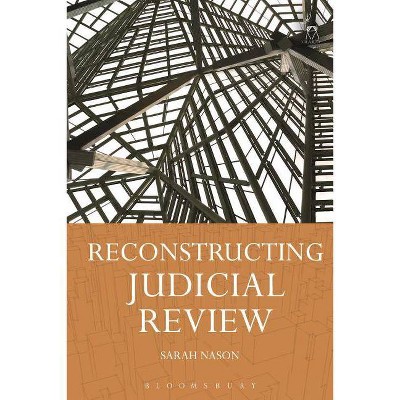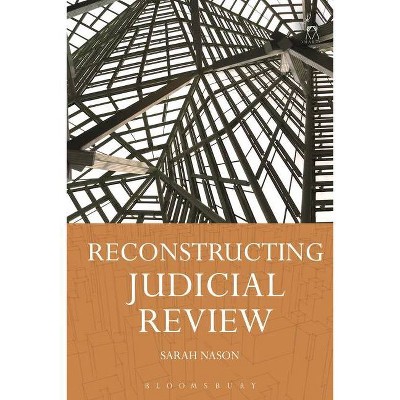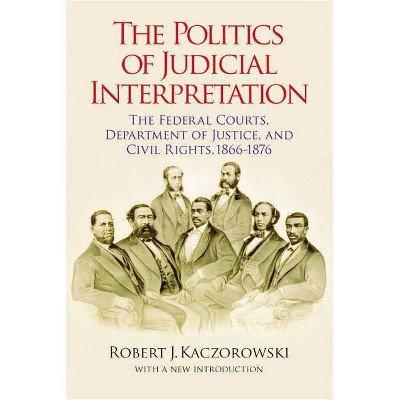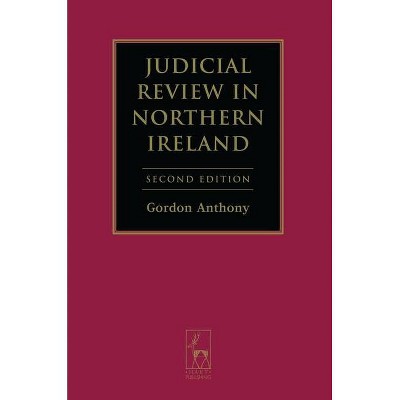Reconstructing Judicial Review - by Sarah Nason (Paperback)

Similar Products
Product info
<p/><br></br><p><b> Book Synopsis </b></p></br></br>This book offers a new interpretation of judicial review in England and Wales as being concerned with the advancement of justice and good governance, as opposed to being concerned primarily with ultra vires or common law constitutionalism. It is developed both from examining the functions and values that ought to be served by judicial review, and from analysis of empirical 'social' facts about judicial review primarily as experienced in the Administrative Court. Based on ground-up case law analysis it constructs a new taxonomy on the grounds of judicial review: mistake, procedural impropriety, ordinary common law statutory interpretation, discretionary impropriety, relevant/irrelevant considerations, breach of an ECHR protected right or equality duty, and constitutional allocation of powers, constitutional rights, or other complex constitutional principles. It explains each of these grounds, what academic and judicial support there might be for them outside case law analysis, and their similarities and differences when viewed against popular existing taxonomies. It concludes that Administrative Court judges are engaged in ordinary common law statutory interpretation in approximately half of all cases, and that where discretionary judgement is involved on the part of the initial decision-maker, judges do indeed consider their task to be one of determining whether the challenged decision was justified by reasoning of adequate quality. It finds that judges apply ordinary common law principles of statutory interpretation with historical pedigrees, including assessing the initial decision-maker's reasoning with reference to statutory purpose, and sifting relevant from irrelevant considerations, including moral considerations. The result is a ground-breaking reassessment of the grounds of judicial review in England and Wales and the practice of the Administrative Court.<p/><br></br><p><b> Review Quotes </b></p></br></br><br><i>Reconstructing Judicial Review</i> makes a powerful argument for a constructive approach which synthesises empirical and conceptual analysis, laying moral values over social facts... this work succeeds in advancing a powerful holistic account of judicial review based on Dworkinian notions of constructivism and equal concern and respect.<br/>Public Law<br><br>The purpose of judicial review is the central concern of Sarah Nason's interesting study of judicial review in the United Kingdom ... all would surely admire her careful attention to the detail of theory and doctrine, as well as her carefully designed empirical methodology. These are drawn together in a cogent study that may provide a useful template for future such research throughout the common law world. More such studies of this breadth and quality can only be good.<br/>Australian Journal of Administrative Law<br><p/><br></br><p><b> About the Author </b></p></br></br>Sarah Nason is Lecturer in Law at Bangor University.
Price History
Price Archive shows prices from various stores, lets you see history and find the cheapest. There is no actual sale on the website. For all support, inquiry and suggestion messagescommunication@pricearchive.us









